Corrective Rape: ‘I was raped to “cure” me of being a lesbian’
After being “correctively raped” in her home country of Jamaica, Angeline Jackson explains why the horrific ordeal spurred her on to become a gay rights activist
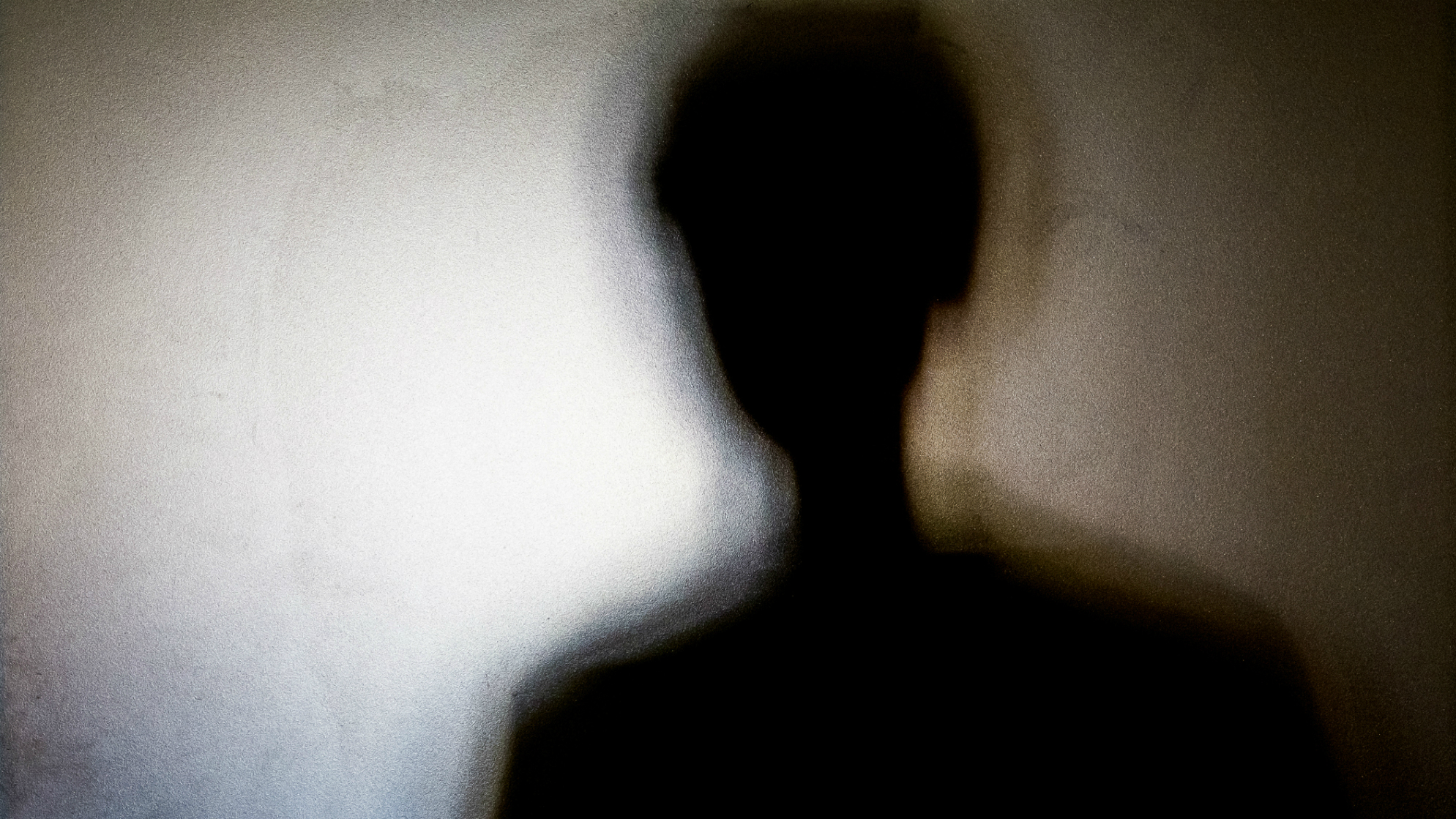
After being “correctively raped” in her home country of Jamaica, Angeline Jackson explains why the horrific ordeal spurred her on to become a gay rights activist
When I was taken to the line-up room by a policewoman to identify my attacker, I told her I needed a minute to compose myself. I was shaking violently and my chest was so heavy that it felt like a weight was pressed against it. How would I identify a man who was wearing a bandana and a beanie cap, which covered most of his face when he was raping me? I was terrified of coming face to face with his cold, dark eyes again. And, for a fleeting moment, as the door opened, I looked down the corridor and planned my escape.
I was raped seven years ago, aged 19, after being lured off a lesbian chat room by a girl who acted as a honey trap. There are few, if any places for LGBT people to meet or socialise in Jamaica, which is a deeply homophobic country. Social media is the only way, and even then everyone uses monikers to protect themselves from reprisals.
This is the Jamaica tourists don’t see – where popular culture and institutions are imbued with the messages of the fundamentalist Christian movement, and one of 79 countries in the world where homosexuality is still prohibited. In Jamaica, raping a lesbian is seen as ‘corrective rape’, inferring that it is a cure, which might ‘turn’ them straight. People may be shocked to hear that here, even parents have been known to hire men to rape their daughters to ‘cure’ them.
As the daughter of a church elder, I learned very early on in my life that girls liking girls was a sin. Old colonial laws prohibiting homosexuality still exist here. Everything from music culture to Bible classes drip-feed messages that being LGBT is an abomination. I lived most of my teenage years in hiding, fearful that if I ever came out, Daddy would make me leave home or someone would kill me. I still wake up every day wondering if it is my last; if I will be attacked on the street for being gay and campaigning for gay equality.
I learned to disguise my sexuality by dating boys to stop the rumours. I was torn between being the Jamaican Christian daughter who loves God and her family, and the lesbian girl I was inside. When I was 15, and the mother of someone I had been secretly seeing found out about us, I was forced to go to Christian counselling, because both our families thought I was mentally unwell. My mum and dad’s parenting was analysed as if they had done something wrong to make me gay.
I was told to date boys and try to be straight. My father was sympathetic, but he and my mother hoped that God would ‘cure’ my illness. I had been chatting to a woman on social media for a few months when she finally suggested we meet. She seemed friendly, inviting me to her house, but I asked an old friend to come with me just to be safe. I wish I’d known that day how much danger I was actually in.
Marie Claire Newsletter
Celebrity news, beauty, fashion advice, and fascinating features, delivered straight to your inbox!
When I arrived at the agreed meeting place near her home, the woman didn’t show. Instead, there was a man, who said he was her brother and told me he would take us to her house. It was when he suggested taking a short cut through a park that I panicked.
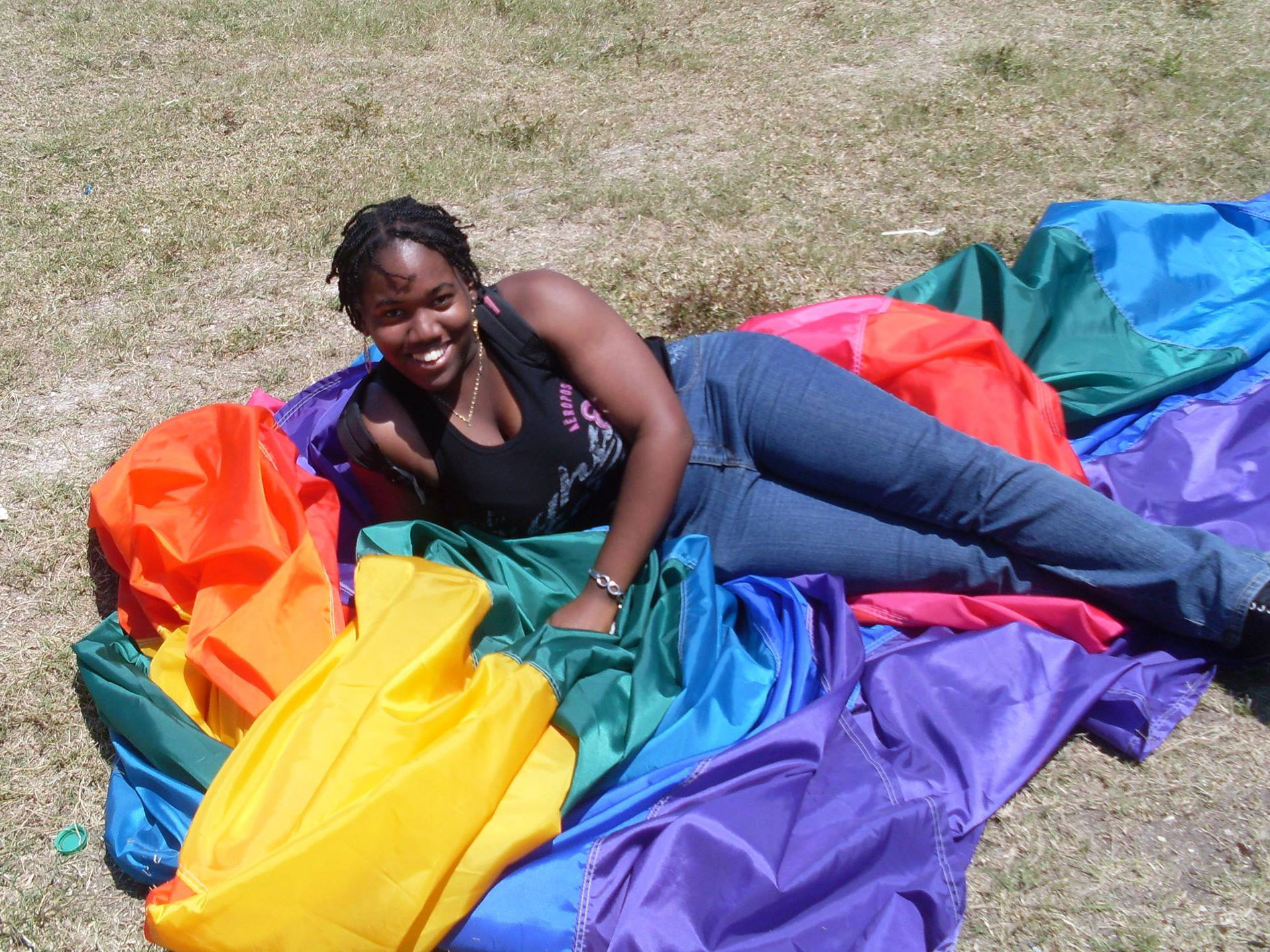
Suddenly, we were approached by another man wearing a bandana and beanie cap, who had a gun. He blocked our path, and when we begged him to let us go, he held the gun to the back of my neck and marched us to a secluded area. There, he violently forced us to perform oral sex on him and the other man, before ejaculating on us. At one point, he paused to ask if I was Christian. ‘Yes,’ I answered. ‘Then pray for me,’ he said smiling, as both men grabbed my friend and vaginally raped her in front of me. I was screaming and shaking, but they wouldn’t stop.
Afterwards, the guy with the bandana robbed us and left us to find our own way out of the bush and home. I flagged down a bus and begged the driver, telling him we had been mugged. But from the look on his face, I’m sure he could tell that more had gone on.
Following the rape, my friend was deeply ashamed. She said she was never going to tell anyone what had happened and not to name her if I reported it. She shut down emotionally. Her fear of reporting it was typical – most rapists are never caught because women prefer silence. According to the Caribbean Vulnerable Communities Coalition, 40 per cent of Jamaicans say that their first sexual experience is forced, and an Amnesty International report says that 70 per cent of rape victims in Jamaica are under 14. I will never get over the guilt of asking my friend to come with me that day and what happened to her.
Reporting the incident was a big step for me. My parents were very upset. Both saw the rape as a crime that needed to be punished, regardless of my sexuality. But the authorities were not quite so supportive. When I took the police back to the scene of the crime, a policeman referred to me as a sodomite. A female officer suggested that if I had been a good Christian girl, dating boys, this wouldn’t have happened to me. ‘Why don’t you leave this lifestyle and return to the church?’ she said. ‘What do you expect?’
The day I entered the line-up room at the police station, all these negative, deeply ingrained messages ran through my head. But I felt a duty to all the other women out there who had experienced rape, too. I knew that those who rape lesbians, beat up gay men and transgenders, throw acid on them and kill them were the real sinners, not me. I had to speak up, but I also knew I risked becoming a target forever.
The ID room was dark, and I could smell disinfectant and body odour as I walked in front of the men, willing my legs to stay strong. I was shaking and feverish with nerves. But I knew as soon as I saw them, they were the right men. It was their eyes – deep-set and shifty. I asked the policeman in the room to tell each man to say, ‘Pussyhole, go over there’. These were the disgusting words they uttered during our ordeal. Images flashed back of my assault and, once again, I felt the rapist’s hands all over me. He was cold, inhuman. ‘That’s him,’ I told the officer, and walked out. I later discovered he had raped more than 100 girls and women.
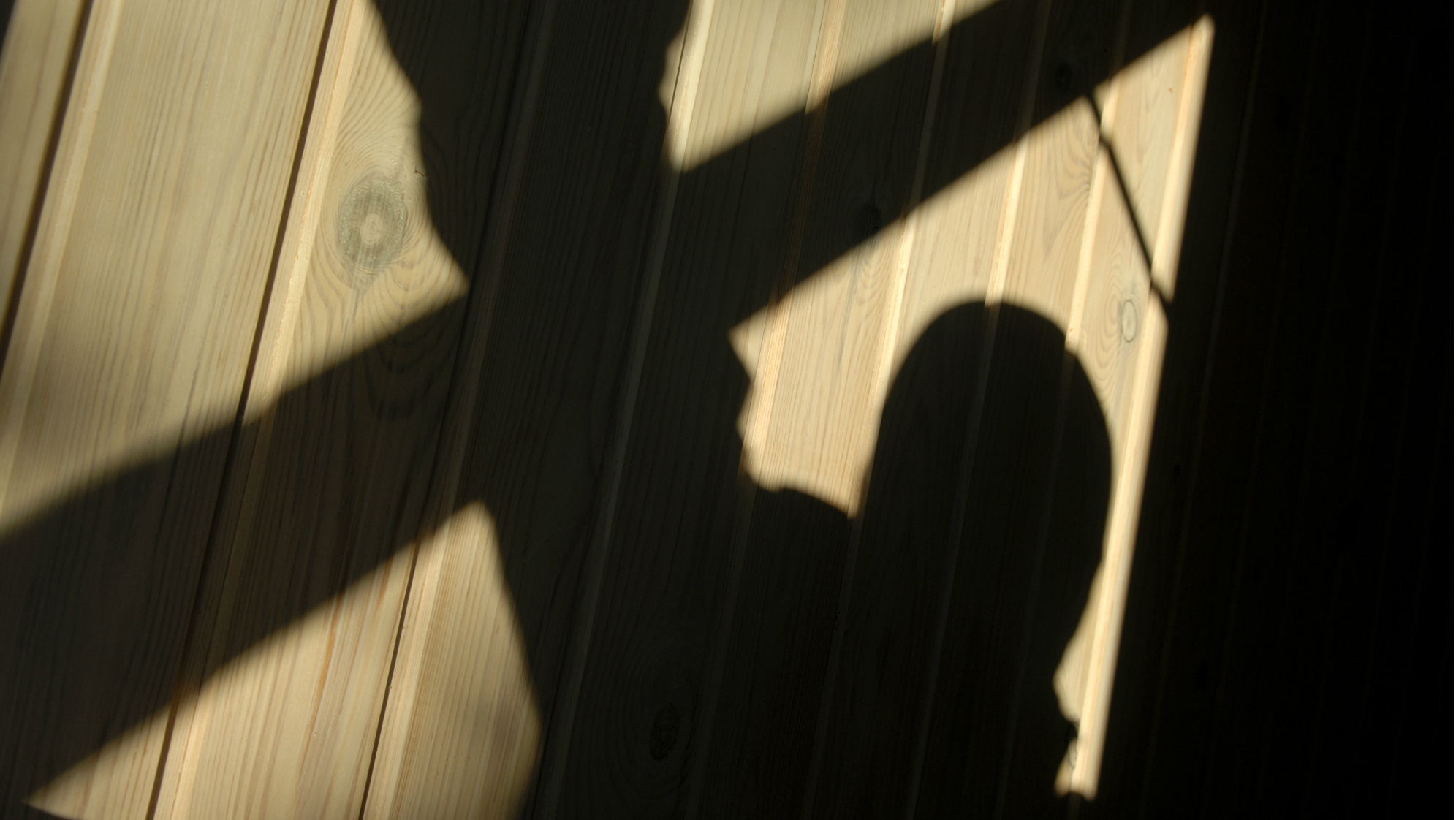
My attacker got 27 years in prison – two years for sexually assaulting me, the rest for multiple convictions involving robbery and possession of a firearm. I’ve had counselling to deal with what happened, but flashbacks, insomnia and anxiety about being in public are now part of my life. My rapist’s sentence was recently overturned after he appealed and he is now out of prison. The police never apprehended the girl who lured me off the chat room, or prosecuted her so-called brother who took part in the rape itself. When I think of this, I feel overwhelmingly sad – and scared.
But there have also been so many positives. I did law and Bible study courses to reconcile my belief in God with my homosexuality. Over time, I discovered that the only thing wrong is that my country made me ashamed of who I am. And that’s when I decided to come out, not just to my family, but also to my country.
At Jamaica’s first Walk for Tolerance, in spring 2010, I took off the surgical mask that my fellow LGBT marchers were wearing to disguise their identities, and wrapped myself in a big rainbow flag. Cameras flashed and that was it – I was out; to my family, friends, the world. There was no turning back.
Since then, I’ve become an activist and public speaker on LGBT issues. Jamaica urgently needs a shelter for LGBT youth, as many of the street kids are gay, transgender or lesbian, having been cast out of their homes. I’ve co-founded a non-profit group, Quality of Citizenship Jamaica, where lesbian girls and women can find the resources to deal with trauma they have faced.
My parents and I remain close. They know about my sexuality, but choose not to discuss it. They still love me, but that’s just our way of dealing with it, and that’s fine. When I feel down and have no more fight left, I remember Barack Obama’s words. In 2015, he gave an address at the University of the West Indies during a visit. At that address, he singled me out and asked me to stand up. He said, ‘As a lesbian, justice and society weren’t always on her side. But instead of remaining silent, she chose to speak out and started her own organisation to advocate for women like her.’ My legs began to shake, but I felt my heart lift. ‘She became a global activist,’ he continued. ‘More than anything, she cares about her Jamaica and making it a place where everybody, no matter their colour, class or sexual orientation, can live in equality and opportunity. That’s the power of one person and what they can do.’
Those words will stay with me always. I won’t say it has been easy to speak out. I will say, though, that I couldn’t have lived my life any other way.
To support Angeline Jackson’s organisation and other women like her, visit The Quality of Citizenship Jamaica at qcjm.org.
The leading destination for fashion, beauty, shopping and finger-on-the-pulse views on the latest issues. Marie Claire's travel content helps you delight in discovering new destinations around the globe, offering a unique – and sometimes unchartered – travel experience. From new hotel openings to the destinations tipped to take over our travel calendars, this iconic name has it covered.
-
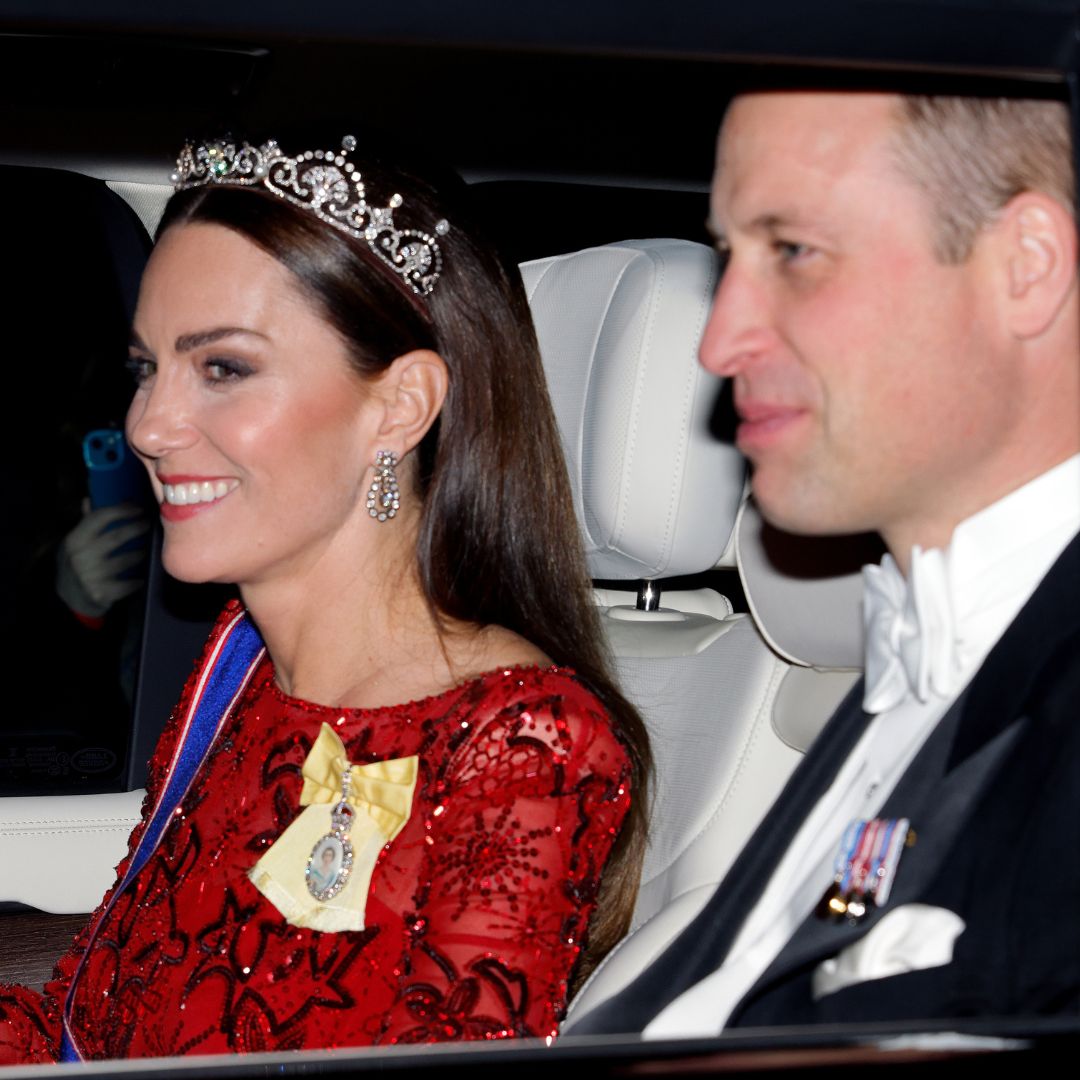 Why Prince William and Princess Kate are skipping the royal Easter celebrations
Why Prince William and Princess Kate are skipping the royal Easter celebrationsBy Jenny Proudfoot
-
 Kendall Jenner, Em Rata and Simone Ashley love this affordable Aussie fashion brand—and it's finally available in the UK
Kendall Jenner, Em Rata and Simone Ashley love this affordable Aussie fashion brand—and it's finally available in the UKChic styles from down under
By Jazzria Harris
-
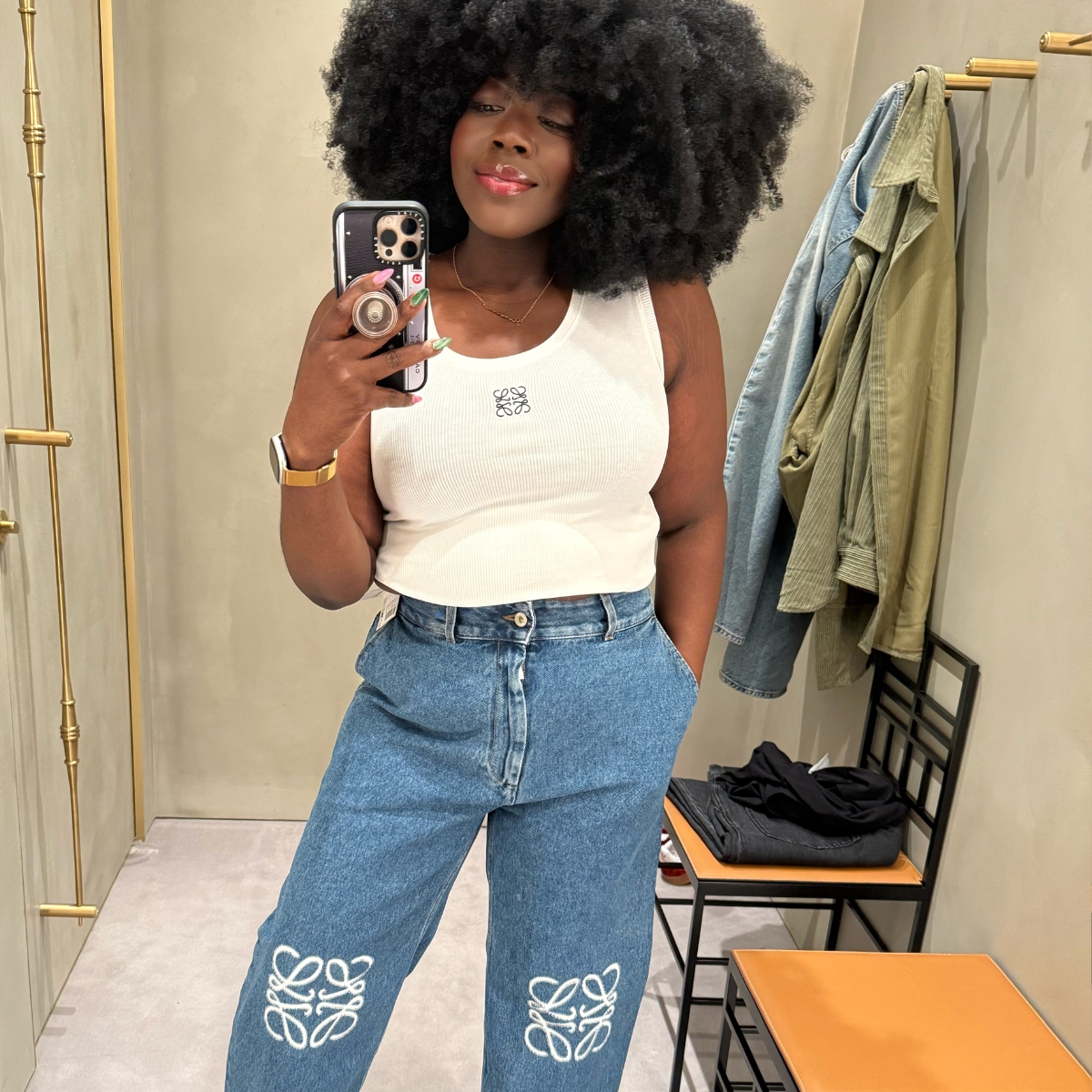 I’m a size 18 Fashion Editor—these are the best plus-size jeans I’ve tried
I’m a size 18 Fashion Editor—these are the best plus-size jeans I’ve triedCurve denim that's worth every penny
By Stephanie Yeboah